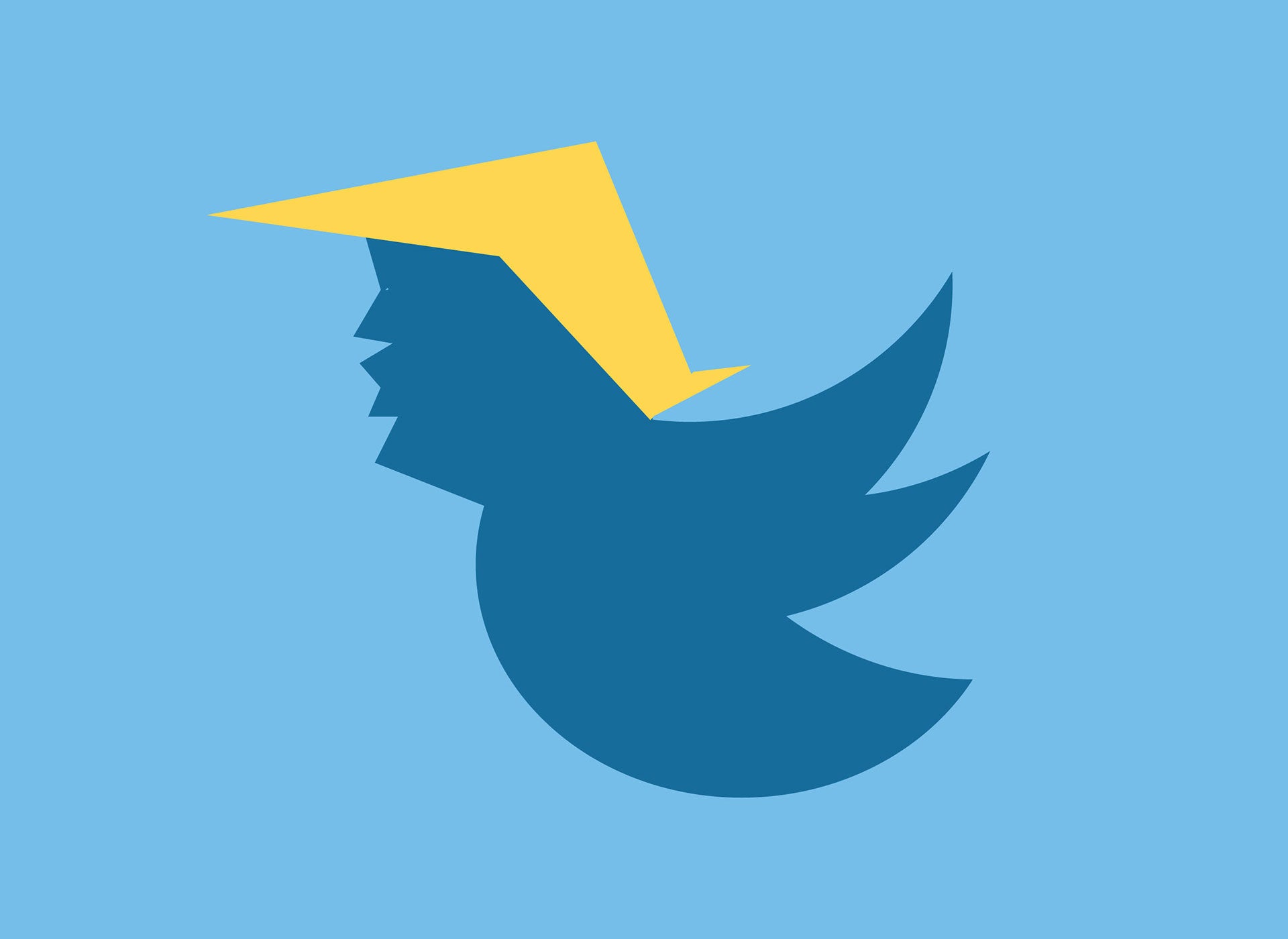Politics has not been immune to the transformative impact of social media. Most notably, the relationship between politicians and the public has changed, and with it the methods of political communication. Various politicians have had no choice but to embrace social media, often to the amusement of the younger, tech-savvy generation—but the question of who benefits the most from this change is underexplored. As the way we consume information has changed, echo chambers, disinformation, polarization, and outrage have all spiralled upwards, which suits some in politics more than others.
The recent rise of populism
Populism, although not a new term, has been increasingly used in recent years, so much so that it is now firmly part of the public lexicon when discussing politics. Defining it is complicated—it is owned by neither the left nor right and is often thrown around the arena of political debate as a way of discrediting a leader or movement. Populist politics shifts in shape across regions, too. In Western Europe, it tends to take the form of anti-EU integration or anti-immigration rhetoric, whereas in Australia it often takes the form of climate change denial.
Populism, by the definition of the esteemed scholar of populism Cas Mudde, is a movement that seeks to divide the world into “two homogenous and antagonistic groups: the pure people on the one end and the corrupt elite on the other”, where leaders espouse that they are pursuing the “will of the people”. Mudde adds that populist leaders often use simple language and slogans, which are sometimes vulgar or deliberately controversial.
The outrage factor is key. How often do we see a controversial tweet go viral? Or a provocative post on Facebook shared far and wide? Populists are much more likely to invoke debate and interaction on social media. A study by research project Demos H2020 found that, on average, posts by populist politicians triggered 3,000 more reactions and 500 more shares and comments than posts by non-populist leaders. Robust detail and analysis rarely go viral on Twitter or TikTok. So is it any wonder that Nigel Farage—who has never been an MP—has more followers than Labour leader Sir Keir Starmer and Lib Dem leader Sir Ed Davey combined?
Controversial narratives are less shareable if they are complex. In a world of 280-character tweets, simplicity always wins. The populist ‘us versus them’ narrative is inherently simplistic, even when it has a smidgen of truth to it. Whether it be Trump tweeting about draining the swamp or Alexandra Ocasio-Cortez declaring her plans to tax the rich over Instagram Live, these communication methods are simple, controversial, and consequently viral.
Social media plays a big part
It is not just the content of the populist politicians’ posts that boosts their reach and appeal. There is much to be said about algorithms and how they reinforce echo chambers. Disinformation is often a tool up the sleeves of populists, which if left uncorrected, can help form narratives and engineer support for their campaign. The phrase ‘sunlight is the best disinfectant’ holds true for disinformation too. The fact-based retorts by journalists, publications, and influencers countering the disinformation may be useful, but are they often seen by those who already support the candidate? It is likely that Republican supporters would not follow left-leaning, pro-Democrat journalists, publications, or influencers on social media, and vice-versa. Where there are social media echo chambers, a populist who firmly picks a side and peppers their social media channels with disinformation can achieve consistent support and narrative survival.

US Tariffs are shifting - will you react or anticipate?
Don’t let policy changes catch you off guard. Stay proactive with real-time data and expert analysis.
By GlobalDataSocial media creates echo chambers that, in turn, reinforce polarization. Interestingly, recent analysis by academics found that echo chambers were not prevalent in debates about climate change on Reddit but were on Twitter. This is because Reddit is essentially an ‘open forum’; the user sees posts by anonymous individuals regardless of whether they follow them and are therefore more susceptible to consuming opinions that differ from their political beliefs. Thus, the potential for polarization and the creation of echo chambers is less.
It is, however, a two-way street. Populists need social media, but social media commensurately thrives off populists. Central to the business model of social media companies is advertising, which is why clicks and user engagement matter so much for social media platforms. TikTok, for example, has little incentive to reduce polarization and echo chambers. In fact, feeding a supporter of a political party more content that reinforces their views means that they are likely to stay on the app a lot longer.
Unfortunately—and as Frances Haugen so bravely revealed—there is little financial gain for social media companies in tackling disinformation, and consequently they have historically paid little heed to it. There is increasing evidence that social media platforms use algorithms that skew towards extreme and unreliable material to boost user engagement. Disinformation is the lifeblood of a populist, and tackling it means attacking populism itself. The marriage between populists and social media is undoubtedly unhealthy, but it is one that will continue until serious public conversations are had about social media and its impact on democracy and the public sphere.








